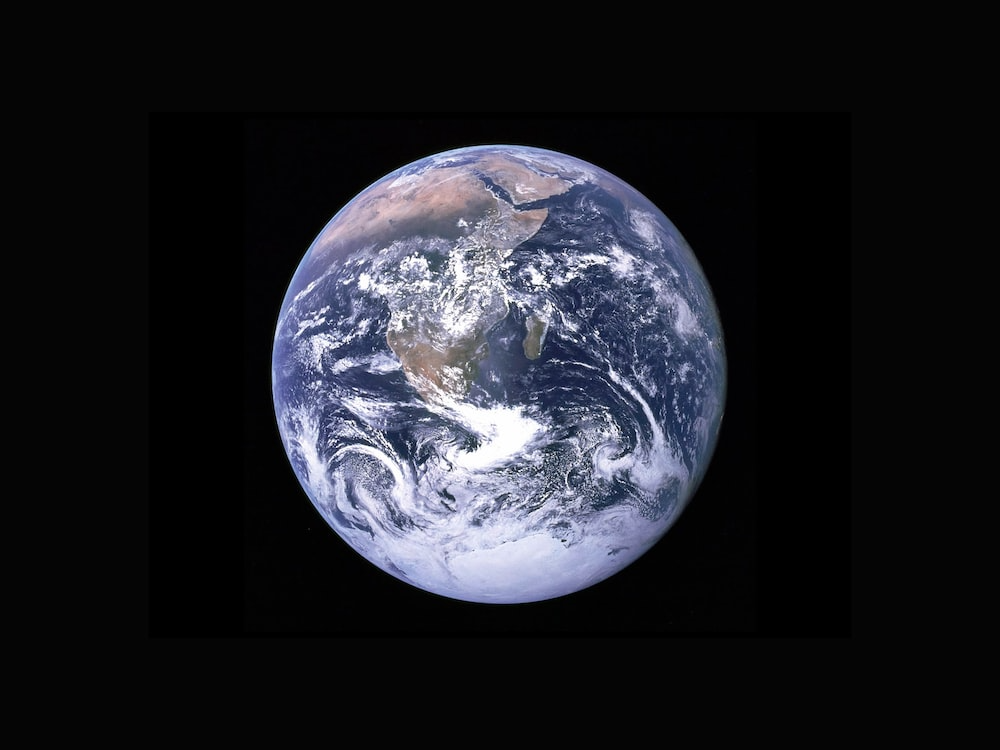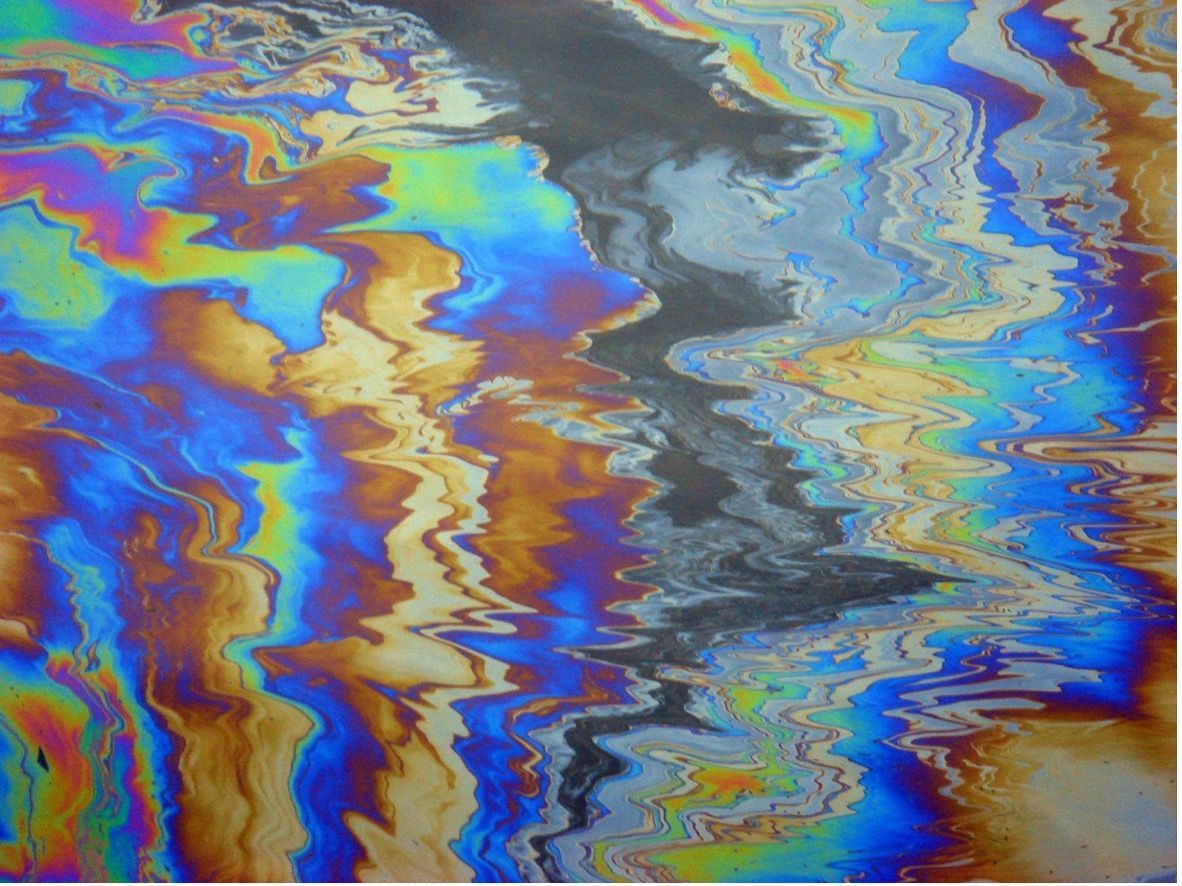Address
2255 East Evans Ave.
Denver, Colorado 80208
Get in touch
wlr@law.du.edu
On June 6, 2023, the Nova Kakhovka Dam on the Dnieper (Dnipro) River in Ukraine suddenly ruptured. The rupture resulted in widespread flooding in the Kherson region east of the river as the large reservoir behind the dam emptied out.
Initial news reports of the June 6, 2023 event highlighted the strategic reasons why Russia may have damaged the dam. Ukraine’s counteroffensive in the Russia-Ukraine War was expected to include efforts to dislodge Russian troops in the Kherson region east of the river. It is plausible that Russia intended to delay Ukrainian counteroffensive by destroying the road that ran along the top of the dam that spanned the river, and by transforming the Kherson region east of the river and below the dam into mud and muck for a few weeks.
Recent reports increasingly confirm that Russia blew up the dam. On June 16, 2023, The New York Times reported that the international group Global Rights Compliance released its findings of an investigation of the cause of the June 6, 2023 rupture of the Nova Kakhovka Dam. According to Global Rights Compliance, “[t]he evidence and analysis of the information available – which includes seismic sensors and discussions with top demolition experts – indicates that there is a high probability the destruction was caused by pre-emplaced explosives positioned at critical points within the dam’s structure “ and that “the finding that the dam was blown up with pre-emplaced explosives by the Russian side is an 80% above determination.”
On June 18, 2023, an Associated Press article (published in the Huffington Post) reported “Russia had the means, motive and opportunity to bring down [the Nova Kakhovka Dam] that collapsed earlier this month while under Russian control . . . Images taken from above the Kakhovka Dam show an explosive-laden car atop the structure and two officials said Russian troops were stationed in a crucial area inside the dam where the Ukrainians say the explosion that destroyed it was centered.”
Russia’s actions to destroy the Nova Kakhovka Dam have military implications for the Russia-Ukraine War; these actions may also affect the viability of Russia’s claim that under international law Crimea is entitled to continue to receive water deliveries from the Dnieper River via the North Crimean Canal. More to the point, Russia may have just demolished its own claims regarding water supplies for Crimea.
RUSSIA’S CLAIMS TO WATER SUPPLY FOR CRIMEA
80% of the water supply for the Crimean Peninsula (“Crimea”) comes from the waters of the Dnieper River (in Ukraine) transported to Crimea through the North Crimean Canal. The North Crimean Canal was constructed during the 1960s when Ukraine and Russia were both republics of the former USSR and when Crimea was part of the Ukrainian republic (rather than part of the Russian republic). After Ukraine became an independent nation in 1991, Ukraine and Russia entered into bilateral treaties in 1997 and 2003 that recognized Crimea as part of Ukraine rather than part of Russia.
After Russia seized Crimea from Ukraine in 2014, Ukraine discontinued water deliveries to Crimea by building an earthen and then concrete dam on the North Crimean Canal. Ukraine maintained that discontinuing water delivers to Crimea via the North Crimean Canal was a reasonable and appropriate response to Russia’s unlawful seizure of Crimea. Relying on United Nations Resolutions concerning violations of territorial sovereignty and bilateral treaties with Russia recognizing Crimea as part of Ukraine, Ukraine maintained it did not have an obligation to provide water supply to regions that Russia had illegally taken from Ukraine. As one Ukrainian commentator put it: if you steal my garden, I don’t have to keep watering it for you.
Russia countered that Ukraine had an obligation under international water law to continue delivering water to Crimea because post-2014 Crimea should be considered a part of Russia (this new political status, according to Russia, transformed the North Crimean Canal into a cross-border waterway that Ukraine must share with Russia). Russia even filed a claim against Ukraine with the European Union regarding the waters of the North Crimean Canal, which the European Union summarily rejected because it did not recognize Russia’s underlying position that post-2014 Crimea was now part of Russia.
When Russia invaded Ukraine in February 2022, one of Russia’s first military actions was to blow up the dam Ukraine had constructed to block flows in the North Crimean Canal to Crimea. As part of its counter-offensive in the Russia-Ukraine War, Ukraine has once again installed impoundments to block water in the North Crimean Canal from reaching Crimea.
RELATION OF NOVA KAKHOVKA DAM TO THE NORTH CRIMEAN CANAL
As it turns out, from an engineering standpoint, the reservoir behind the Nova Kakhovka Dam is the means by which the waters of the Dnieper River are transported into the North Crimean Canal (for transport to Crimea). The waters in the reservoir are at a higher elevation than the river, so waters in the reservoir can be released and delivered via gravity into the North Crimean Canal. There is currently no other existing infrastructure to divert the waters of the Dnieper River into the canal.
By blowing up the Nova Kakhovka Dam Russia has itself caused the emptying of the reservoir behind the dam that serves as the source for water to fill the North Crimean Canal (which Russia asserts Ukraine should continue to operate to transport water to Crimea). Putting aside the question of the viability of Russia’s claim under international law to insist on Ukraine’s continued deliveries of water to Crimea, which seems much in doubt, the new reality is that Russia itself has unilaterally destroyed the essential infrastructure needed for such deliveries of water. Having done so, Russia has now made it presently impossible for such water deliveries to take place.
OF WAR AND WATER AND THE IMPOSSIBILITY PRINCIPLE
In the context of efforts to delay and resist the Ukrainian counteroffensive, there is perhaps a short-term military logic to Russia’s decision to destroy the Nova Kakhovka Dam. This short-term logic, however, has undermined any claim Russia has or may have had under international law to insist upon Ukraine’s continued delivery of Dnieper River water to Crimea.
It is an established principle of international law (often referred to as the principle of impossibility) that one party’s obligation to a second party is relieved when the second party takes actions that destroy the subject matter of first party’s obligation thereby rendering performance by the first party impossible. In the case of the Nova Kakhovka Dam, Russia has militarily destroyed an essential component of the physical infrastructure by which water can be transported from the Dnieper River to Crimea thereby making it impossible for Ukraine to make such deliveries. Russia cannot credibly insist on Ukraine’s ongoing obligation to deliver water to Crimea now that Russia itself has blown up the dam and drained the reservoir that supplies the North Crimean Canal.
* Paul Stanton Kibel is a professor of water law and international law at Golden Gate University School of Law, serves on the Executive Council of the International Association for Water Law (AIDA) and is of counsel to the Water and Power Law Group. Ph.D. in Law Candidate, University of Manchester International Law Centre (England); LL.M. University of California at Berkeley School of Law; B.A. Colgate University (New York).
SOURCES
J. Barrigan Marcantino, Unifying the Law of Impossibility, 8 Hastings International and Comparative Law Review 41 (1984).
Evidence Suggests Russia Blew Up Kakhovka Dam in Ukraine, The New York Times (June 16, 2023).
Highly Likely Russia Behind Dam Collapse: International Experts, Huffington Post (June 18, 2023).
Paul Stanton Kibel, A Crossborder Waterway (or Not): The Place of the North Crimean Canal in Russia’s Ukraine Invasion, International Law News (October 2022).
United Nations Convention on the Law of the Non-Navigational Uses of International Watercourses, United Nations General Assembly, A/RES/52/229 (July 8, 1997).
United Nations General Assembly Resolution 2625 (October 1970) and Resolution 3314 (December 14, 1974).
1997 Treaty on Friendship, Cooperation and Partnership Between Ukraine and the Russian Federation.
2003 Treaty on Russian-Ukrainian State Border.
University of Denver Water Law Review at the Sturm College of Law
MENU
GET IN TOUCH
Water Law Review
Sturm College of Law
2255 East Evans Ave.
Denver, Colorado 80208
wlr@law.du.edu
All Rights Reserved | Fix8



